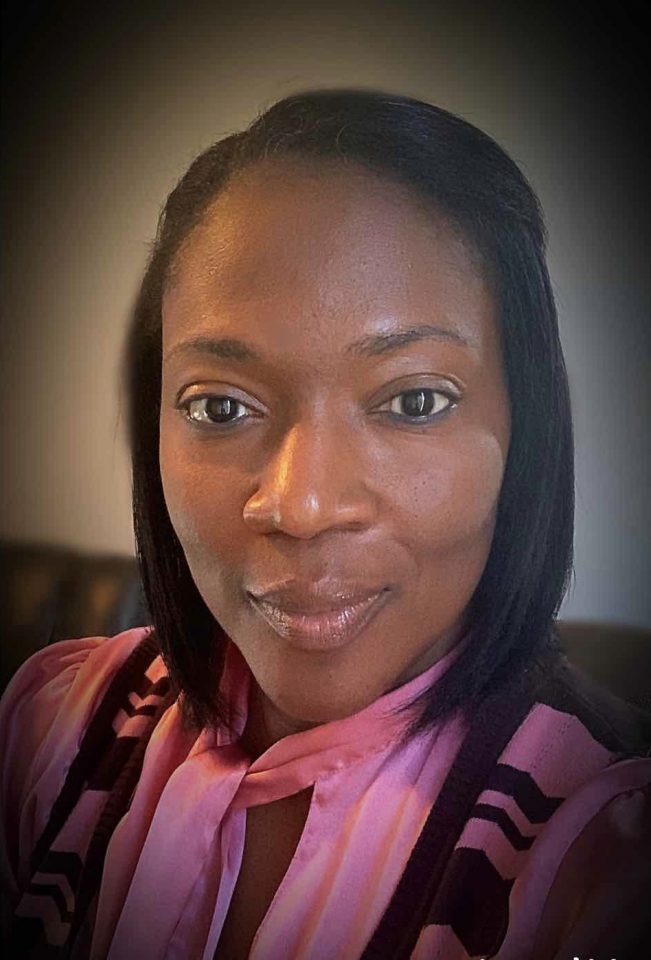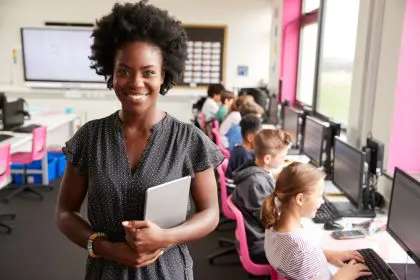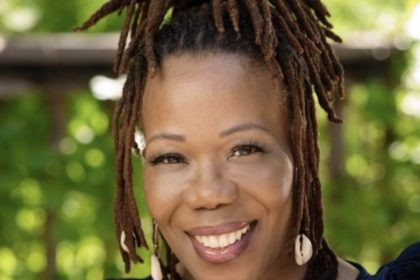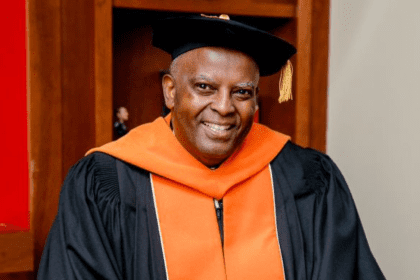
No academic institution has been left unscathed by the ubiquitous effect of the Covid-19 pandemic. Colleges and universities worldwide scrambled for sustainable ways to accommodate student, faculty, and staff needs in a time of uncertainty. Online learning rescued academia, providing a safe, reliable, and flexible mode of engaging when face-to-face contact was limited or unavailable. For Beulah Heights University in Atlanta’s historic Grant Park community, remote learning moved from the margins of the institution’s culture to its center. Surviving a pandemic that reshapes an academic ethos and its people carries with it many salient points for reflection:
1. How the pandemic challenged BHU’s legacy of faith and how remote learning helped preserve it.
2. How BHU forged ahead, unsure of the potential outcome.
3. How remote learning propels BHU forward, branding itself as a global institution with the capacity to facilitate education despite exigent circumstances.
BHU’s legacy of faith is expressed by bringing its community together during campus events, classes, chapel, and open houses. Covid-19 halted these activities. As a smaller institution, BHU relies on these activities to convey the spirit of a supportive community. Professor Alexander Jun of Azusa Pacific University noted, “The backbone of a small college, secular or sacred, is having students come on campus and visit and explore” (Hall, n.d.). Without the ability to gather face to face, BHU and numerous other institutions had to redefine the model for gathering. BHU invested in Edtech that possessed the ability and efficiency to facilitate learning. Web applications such as Bongo and Zoom enabled BHU learning communities to meet. While the mode was different, the intention remained the same and, in some cases, more impactful. “My students and I stayed in Bongo virtual class sessions for four hours. They pulled all they could from me in every class session,” recalls Dr. Monte Norwood, Assistant Professor in BHU’s Department of Religious Studies. BHU’s students, faculty, and staff adjusted to the new method of assembly. While challenging, digital learning assisted this smaller university to persevere and aspire toward new and imaginative ways of formation and engagement.
The early days of the pandemic were formidable for many industries, especially those that rely heavily upon human interaction. Like BHU, many institutions entered the pandemic uncertain of how things would end. Promoting a greater sense of fear and anxiety in students, Covid-19 exacerbated everyday life events (Rodríguez-Hidalgo et al., 0001). College administrators could not predict how things would end and had to manage events day by day. BHU forged ahead amid uncertainty. An investment in Edtech helped pave the way forward despite not being sure about the future of higher education. While faculty and students struggled to adjust to digitized learning, online education emerged as a viable way to position, present, and facilitate scholarship. More than 15 months into the global pandemic, there is hope with social distancing measures and vaccinations. For BHU, there is more certainty of the future, and that future includes educational technology.
The lessons brought on by the devastation of the pandemic come through the lens of suffering, death, loss, and pain. Despite it all, universities must remain resilient and dedicated to the task of education. Universities need to stay steadfast and respond quickly to a crisis by providing a well-adjusted and adapted service (Bartusevičienė et al., 2021). BHU is emerging from the pandemic as a global institution that offers education through crisis, regardless of distance, space, place, and time. The gift of digitized/online education is its capability to reach anyone, anywhere, at any interval. The circumstances of Covid-19 did not absolve educational institutions of their responsibility to educate; it deepened it. Edtech makes it possible to educate regardless of many factors, including the unfortunate circumstances of a global pandemic.
Higher education remains steadfast despite the consequences of the pandemic. Through it all, a small 103-year-old institution in Atlanta, GA, developed as an organization with digitized/online education at the core of its survival. BHU thrives as a university with global reach and cross-cultural appeal. By grace, BHU has survived, elevated to thrive.
Dr. Alicia Plant is the director of digital learning and lnnovation at Beulah Heights University. Email: [email protected]
To learn more about Beulah Heights Online education programs, check out beulah.edu














